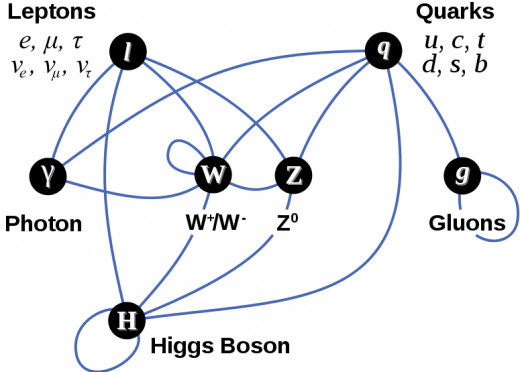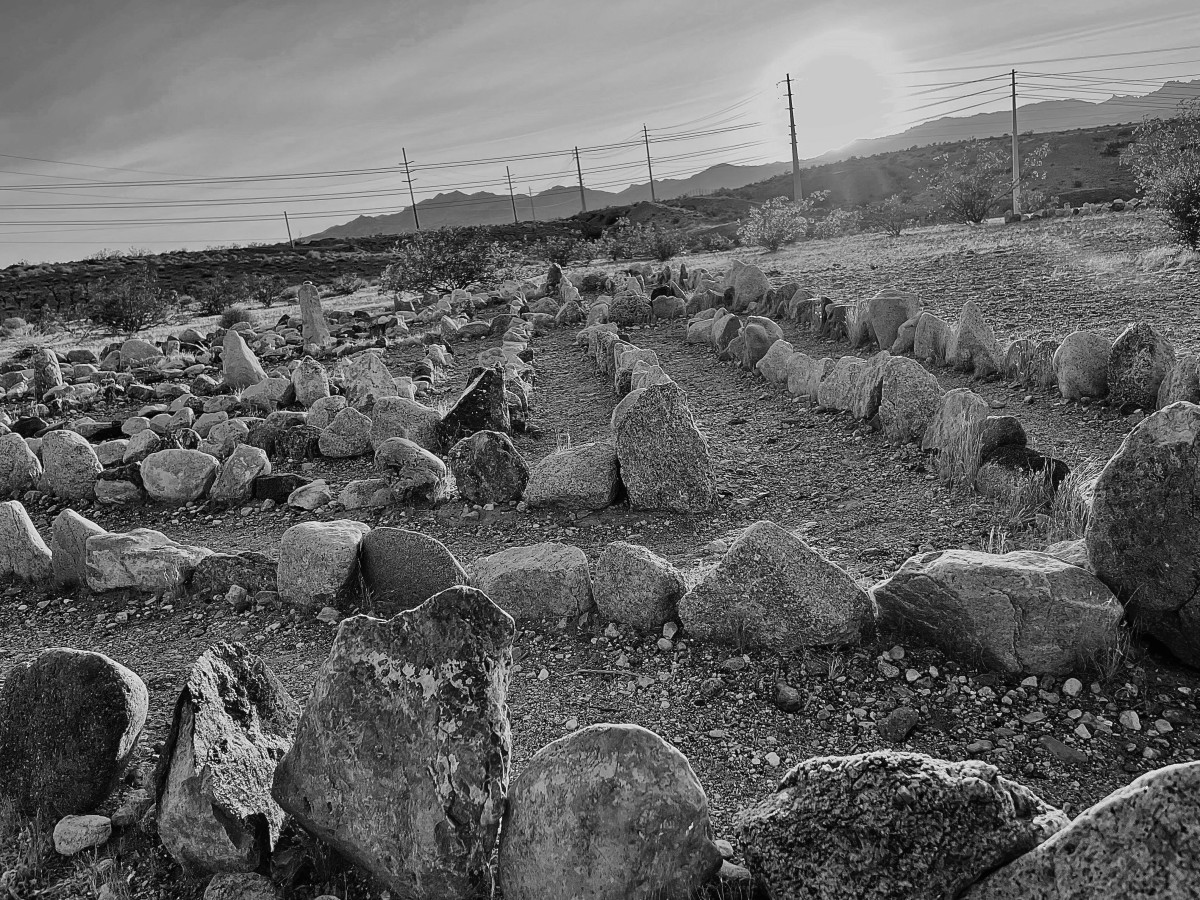Off The Grid
The Neo-Luddite
The man's eyes open, unfocused and bleary; his body shivering in the early morning darkness. Briefly, he wrestles with the decision of whether to stay in bed, or shuffle to the closet for an extra blanket. His dog stirs as he moves him out of the way in order to swing his legs out from under the covers and shuffle over to the stove to stoke the fire.
He peeks outside. An inch of snow is caked against the window pane and whiteness covers the terrain surrounding his meager cabin. The air is bone-chilling. He climbs back into his bed, pulls the covers tightly under his chin and tries to psyche himself into imagining the warmth of the sun on his skin. It isn't working.
In the distance, he hears the sound of a train whistle, and bristles. The stifling pressure of progress encroaches on his personal space. Like a grizzly, he needs space. Space to hunt, to explore, to test his strength, courage and personal resilience.
As a Neo-Luddite, he believes that the industrial revolution, and specifically technology and its industrialized uses, is having a profoundly negative social, ethical and psychological impact on humanity. And he is determined to stop it.
So he lives off the grid. A modern-day Thoreau. With an edge.


The Grid
Occasionally, new terms of art creep into our modern vocabulary. I remember years ago when the movie The Net came out. There was this sense that Big Brother was near. I've read George Orwell's novel 1984 . I suppose that movie does bear some similarity, but Orwell's book, written right after World War II was really about the perils of dictator-led fascism. At that time, people were not savvy to the influence of propaganda, and were easily led to follow Naziism. One could theorize that lamb mentality is just as pervasive today, but I'm hopeful that is not the case.
So what is "The Grid"? It carries many meanings, both denotative: electrical grid, grid planning for cities, an information organizing scheme. And the connotative: the system, the "man", social media, the information age, society, etc. For example, Unabomber Ted Kaczynsky (a Neo-Luddite) was against the grid. There was an episode of The Outer Limits (a more modern Twilight Zone) called "The Grid". The Grid also represents a graphic design system, and the next generation of online "cloud" technology.
By definition, if you're reading this, you're on The Grid: the Internet, social media, technology, the electronic front line.
So, is that bad?
~~~~~~~~~~~~~~~~~~~~~
"To be yourself in a world that is constantly trying to make you something else is the greatest accomplishment." ~ Ralph Waldo Emerson
~~~~~~~~~~~~~~~~~~~~~


Transcendentalism
In 1845, Henry David Thoreau embarked on a project to live frugally on land owned by his friend and mentor, Ralph Waldo Emerson (author of Self Reliance , and other works), to practice their philosophical movement called Transcendentalism , which espoused that society and its institutions - notably political and religious - corrupted individuality. The result of that two year project was his book Walden , or Life in the Woods .
~~~~~~~~~~~~~~~~~~
"I went to the woods because I wished to live deliberately, to front only the essential facts of life, and see if I could not learn what it had to teach, and not, when I came to die, discover that I had not lived." ~ Henry David Thoreau
~~~~~~~~~~~~~~~~~~
I use Thoreau's work as a point of reference because it is still commonly known today, but by no means is it the only work. Threads of transcendentalism exist in different facets today, though its origins were as an offshoot of New England Congregationalists (more commonly known as Unitarians) as an intellectual and perceived authority over matters in the early 1800s (the Congregationalists had separated from the puritanical orthodox Calvinists, to provide some context). Today, we tend to group together major religious and philosophical movements into sweeping, broad categories, but truly each had their unique social motivations.
In any event, the point is that this was a very formative time in the evolution of American thought, and the sense of rugged individualism that continued through the 19th century. There was this vast, broad land and the desire to conquer it through manifest destiny. Though certainly not intertwined, it provides some context to an understanding of the "against the grid" mentality that is thoroughly embedded into western culture. Not only do we have this attraction to institutions and group mentality, we also have a revulsion to them, because they detract from individuality.

Unplugged
Today, it's hard to imagine living without even a fraction of the technology and industrialization we find ourselves plugged into. We love it. We hate it. It's our distraction, and our connection.
We consider someone not on Facebook as being off the grid, but really they are not. They're just less psychologically co-dependent on it than the rest of us. I consider social media neither good nor bad; it's just an extension of our modern desire to push the outer edges of technological possibilities. After all, is it positive or negative we put a man on the moon? Is it good or bad that we have a Large Hadron Collider at CERN near Lake Geneva, which which scientists hope to search for the Higgs boson particle, thus developing an understanding how mass is acquired. Do we need to know this, or should we just sit in our caves and hunt bison with a big rock and human ingenuity?
It's an interesting postulation about us as a human race. We are all the things we accuse ourselves of being, both positive and negative.
Regardless of your feelings about it, we clearly are continually pushing forward in technological advancements. Whenever there's a new Act of God, whether a hurricane, an earthquake or tsunami, we're reminded of our fragility, and our need to individually find our strength and grounding. Our own reliance on ourselves as ruggedly capable thinking, discerning, intelligent souls.
And that's a beautiful thing.
~~~~~~~~~~~~~~~~~~~~~~~
"Only a few in each generation will grasp and achieve the full reality of man's proper stature - and that the rest will betray it." ~ Ayn Rand









